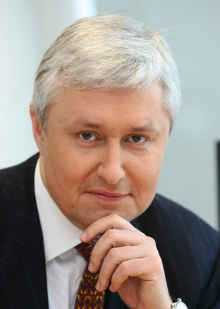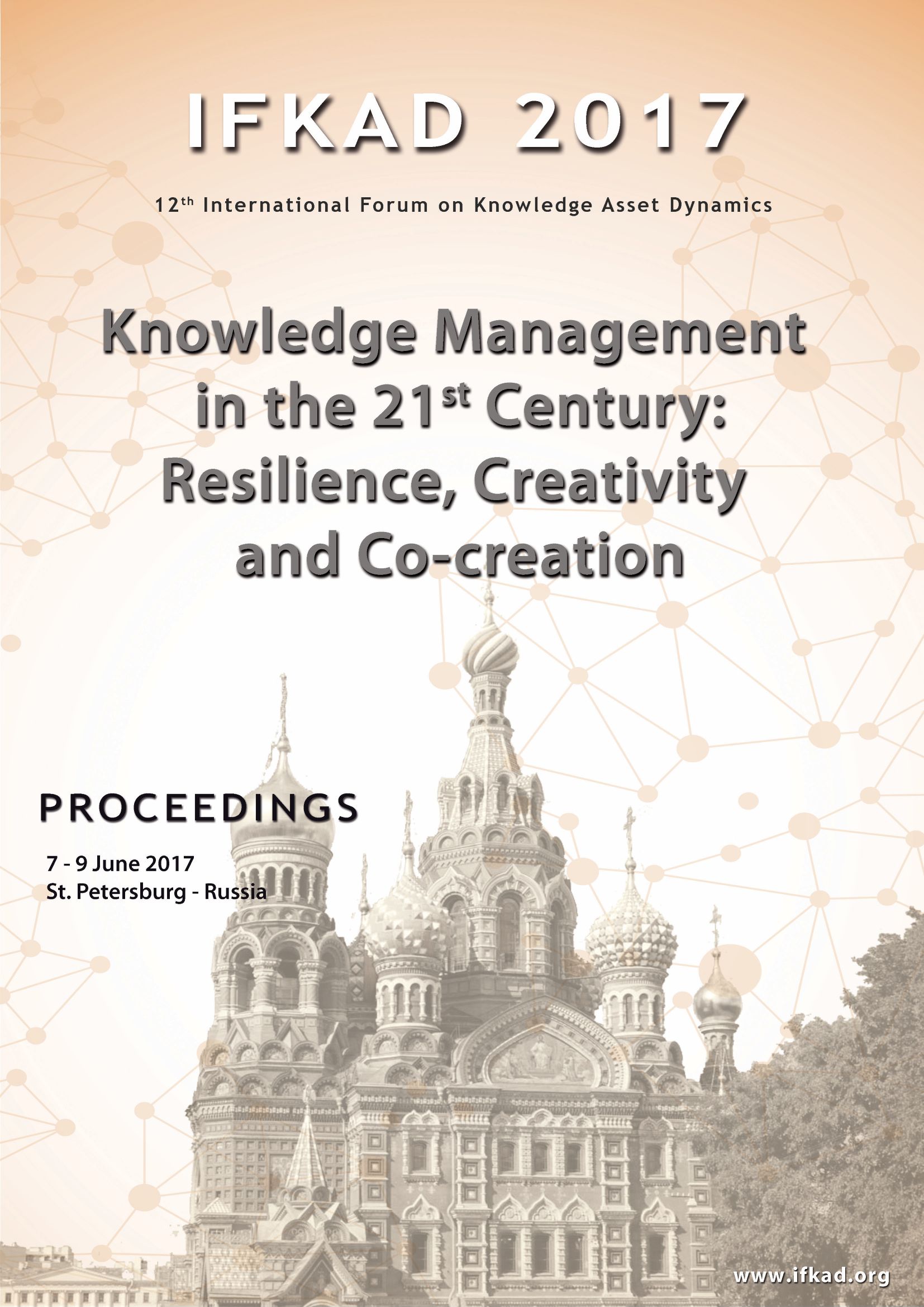Organizational learning for the common good: an emerging approach to sustainability and resilience
Organized by:
Valter Cantino | University of Turin, Italy
Cecilia Rossignoli | University of Verona, Italy
Francesca Ricciardi | University of Verona, Italy
Knowledge Management and Innovation in Creative Sectors and Ecosystems: Collaborations and Co-Creation
Organized by:
Diane-Gabrielle Tremblay| University of Québec – Téluq, Canada
Amina Yagoubi| University of Québec – Téluq, Canada
Resilient SMEs in turbulent times -Implications for Knowledge management and organizational learning
Organized by:
Klaus North | Wiesbaden Business School, Germany
Susanne Durst | University of Skövde, Sweden
Isabel Ramos | University of Minho, Portugal
Gregorio Varvakis | Federal University of Santa Caterina, Brazil
Stefan Güldenberg | University of Liechtenstein, Liechtenstein
Women in management and organisation: Leadership, Resilience, Creativity and Co-Creation
Organized by:
Paola Paoloni | Niccolò Cusano University, Italy
Paola Demartini | Roma Tre University, Italy
Intellectual Capital and Intangible Assets in Universities and Research Organisations: Moving Toward the Fourth Stage of IC Research
Organized by:
Rosa Lombardi | Sapienza University of Rome, Italy
John Dumay | Macquarie University, Australia
Giustina Secundo | University of Salento, Italy
Domenico Celenza | Parthenope University of Naples, Italy
Dynamics in Strategic Knowledge Management (SKM)
Organized by:
Krishna Venkitachalam | Stockholm University, Sweden
John Powell | University of Exeter, United Kingdom
Managing knowledge in inter-organizational contexts
Organized by:
Lara Agostini | University of Padua, Italy
Antonio Messeni Petruzzelli | Polytechnic University of Bari, Italy
Anna Nosella | University of Padua, Italy
Logistics knowledge management: state of the art and future perspectives
Organized by:
Susanne Durst | University of Skövde, Sweden
Pietro Evangelista, Italy
Knowledge integration and co-creation value
Organized by:
Ernesto De Nito| University Magna Graecia of Catanzaro, Italy
Maria Colurcio | University Magna Graecia of Catanzaro, Italy
Knowledge management for value co-creation
Organized by:
Barbara Aquilani | University of Tuscia, Italy
Tindara Abbate | University of Messina, Italy
Anna Paola Codini | University of Brescia, Italy
Knowledge management in team dynamics: Key issues and challenges for knowledge intensive organizations
Organized by:
Francesco Paolo Appio | Pôle Universitaire Léonard de Vinci, France
Lorenzo Ardito | Polytechnic University of Bari, Italy
Angelo Natalicchio | Polytechnic University of Bari, Italy
Tommaso Savino | Polytechnic University of Bari, Italy
Francesco Schiavone | Parthenope University of Naples, Italy
Tools and applications supporting co-creation in knowledge work
Organized by:
Jussi Okkonen | University of Tampere, Finland
Vilma Vuori | Tampere University of Technology, Finland
Resilience and creativity of knowledge workers: Role of wellbeing and happiness in influencing creativity
Organized by:
Ashish Malik | Newcastle Business School, Australia
Vidya S. Athota | University of Notre Dame, Australia
Empowering data for value co-creation
Organized by:
Heli Aramo-Immonen | Tampere University of Technology, Finland
Nina Helander | Tampere University of Technology, Finland
Jari Jussila | Tampere University of Technology, Finland
Encouraging social entrepreneurship in a changing world
Organized by:
Angelo Bonfanti | University of Verona, Italy
Rossella Canestrino | Parthenope University of Naples, Italy
Tomasz Kafel | Cracow University of Economics, Poland
Pierpaolo Magliocca | University of Foggia, Italy
Cristina Simone | Sapienza University of Rome, Italy
Big data in the arts and humanities: challenges, trends and opportunities
Organized by:
Daniela Carlucci | University of Basilicata, Italy
Giovanni Schiuma | University of Basilicata, Italy
KM in the public sector
Organized by:
Maurizio Massaro | University of Udine, Italy
John Dumay | Macquarie University, Australia
Andrea Garlatti | University of Udine, Italy
Knowledge management and innovation capacity
Organized by:
Arkadiy Vladimirovich Trachuk | Financial University under the Government of the Russian Federation, Russia
Natalia Vyacheslavovna Linder | Financial University under the Government of the Russian Federation, Russia
Creativity, Innovation and Knowledge Management
Organized by:
Daniel Jiménez Jiménez | Universidad de Murcia, Spain
Juan-Gabriel Cegarra-Navarro | Universidad Politécnica de Cartagena, Spain
Gabriel Cepeda Carrión | Universidad de Sevilla, Spain
Domain Specifics of Knowledge Management
Organized by:
Tatiana Gavrilova | GSOM St. Petersburg State University, Russia
Dmitry Kudryavtsev | GSOM St. Petersburg State University, Russia
Anna Menshikova | GSOM St. Petersburg State University, Russia
Knowledge Aspects of Big Data and Information Management
Organized by:
Sergey Belov | IBM East Europe/Asia Ltd, Russia
Tatiana Gavrilova | GSOM St. Petersburg State University, Russia
Anna Menshikova | GSOM St. Petersburg State University, Russia







